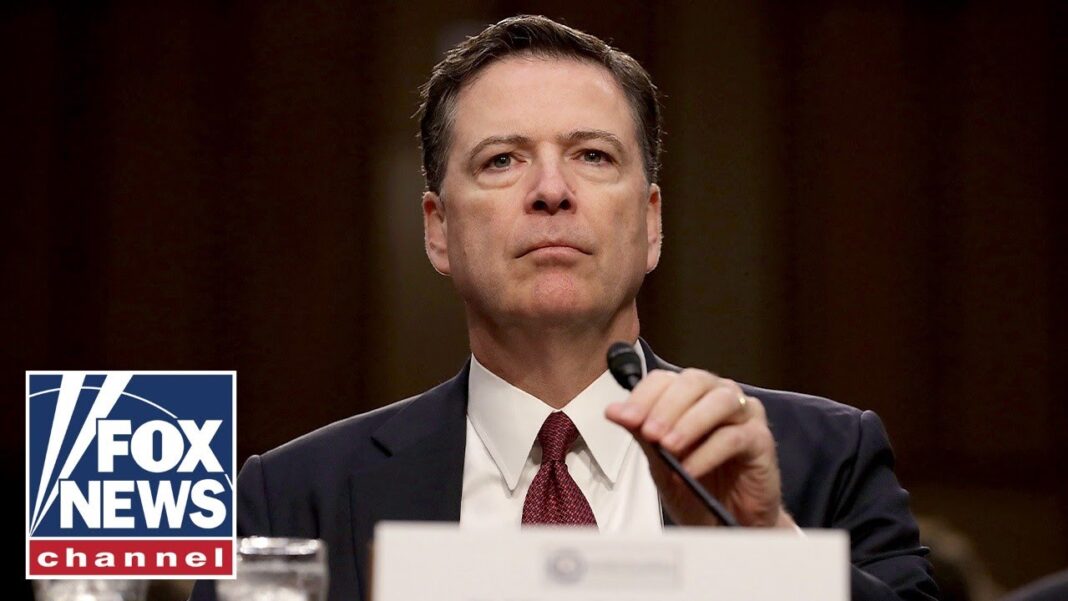Russia and China abstained from the vote, allaying concerns that the rival superpowers might veto the proposal.
The U.N. Security Council on Nov. 17 approved a U.S.-drafted resolution that endorses President Donald Trump’s Gaza cease-fire plan, a central component of Washington’s push to end the two-year conflict between Israel and the Hamas terrorist group.
U.S. Ambassador to the U.N. Mike Waltz, who previously served as Trump’s national security adviser, said the resolution is “historic and constructive.”
“[The Nov. 17] resolution represents another significant step towards a stable Gaza that will be able to prosper and an environment that will allow Israel to live in security,” he said.
Waltz said the passage of the resolution is “just the beginning” as the United States seeks to carry out Trump’s plan to end the conflict between Israel and Hamas, which began in October 2023.
Russia and China—two veto-holding members of the U.N. Security Council—ultimately abstained from the vote on the evening of Nov. 17, following concerns that either might veto the resolution.
Russia had previously put forward an alternative draft, saying that the U.S. plan does not adequately reflect long-standing international legal principles, including the two-state framework.
Moscow’s proposal outlined clearer terms for deploying a peacekeeping contingent and administering the Gaza Strip.
The U.S. proposal approved on Nov. 17, which was first announced on Sept. 29 and then circulated in November, backs Trump’s 20-point peace plan, called the Comprehensive Plan to End the Gaza Conflict.
The plan lays out a phased approach that began with the release of Israeli hostages and Palestinian detainees and expanded humanitarian aid for the Gaza Strip.
Under the second phase, Hamas would be required to decommission its weapons. The Israel Defense Forces would withdraw further from the enclave as security responsibilities were transferred to a new International Stabilization Force.
The plan also calls for the creation of an interim technocratic government consisting of Palestinian and international experts and overseen by a Board of Peace chaired by Trump.
This body would eventually hand authority over the Gaza Strip to a reformed Palestinian Authority, creating what the document describes as “a credible pathway to Palestinian self-determination and statehood.”
A spokesperson for the U.S. Mission to the U.N. said in a statement on Nov. 5 that the resolution “welcomes the [Board of Peace] and authorizes the [International Stabilization Force]” and paves the way for “a safer and more prosperous Gaza.”
The spokesperson wrote that the United States wants to “deliver results at the UN—not endless talk” and that regional actors had “seized this historic opportunity to finally end decades of bloodshed.”
By Evgenia Filimianova and Joseph Lord






